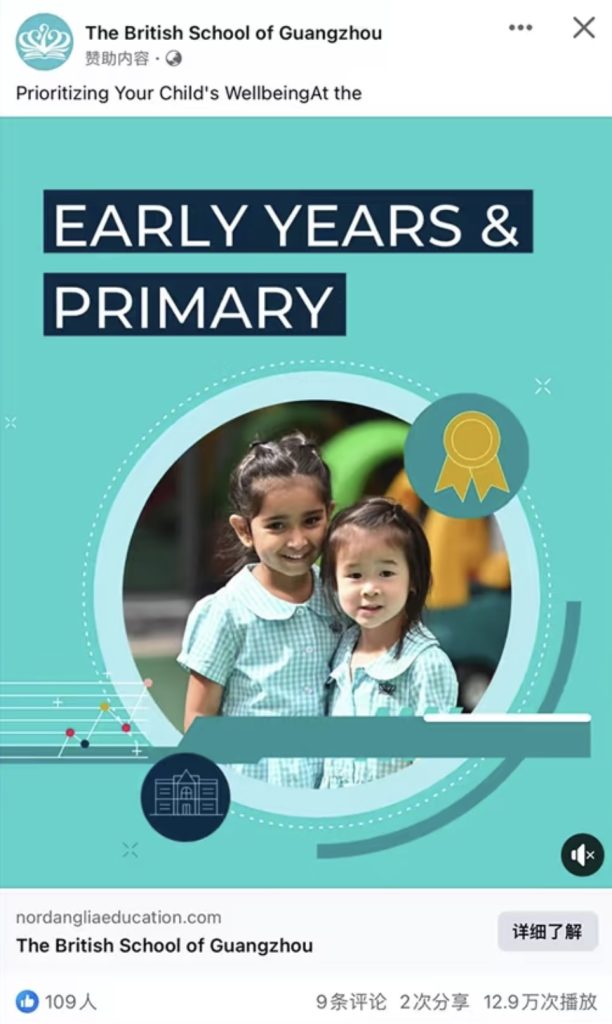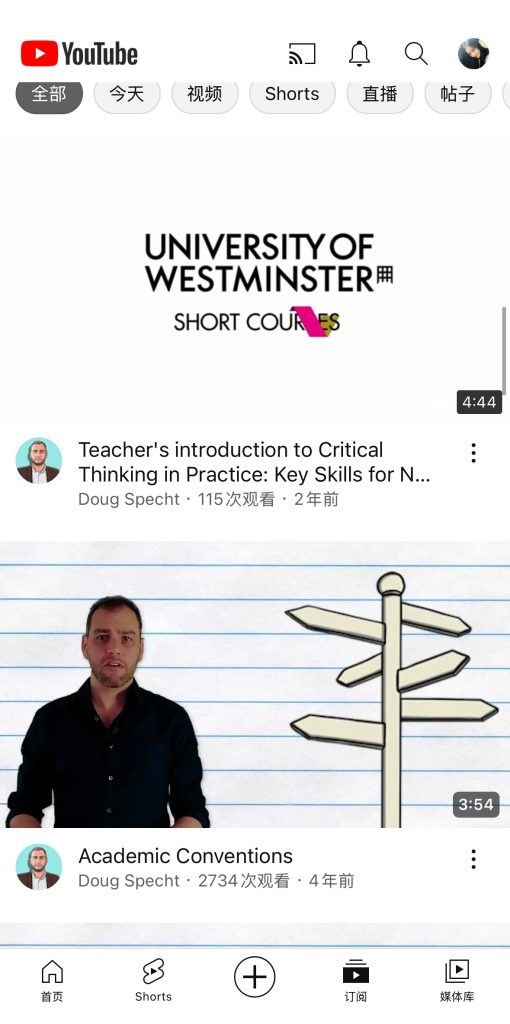The Foundations of “Manufacturing Consent”
Herman and Chomsky’s Manufacturing Consent argues that media filters information to serve elite interests. In the digital age, these filters have evolved, but the mechanisms of control remain intact.

The Operation of Digital Filters
For example, during the 2016 US presidential election, Facebook algorithms amplified fake news through targeted advertisements. This manipulation wasn’t just driven by media ownership but by the monopoly of platforms over user data. Algorithms have become the new filters, shaping consent invisibly and systematically.
Critiques and New Challenges
While the theory highlights structural issues in traditional media, its core assumptions require updating for the social media era. The shift from “top-down” control to “distributed” manipulation complicates the narrative. YouTube’s recommendation algorithms, for instance, curate user content consumption, subtly influencing worldviews in ways distinct from traditional gatekeeping.
Reflections and Strategies
To counter these challenges, media ecosystems must prioritize algorithmic transparency and empower users with greater control over their data. Revisiting and adapting Manufacturing Consent offers a framework to address power in the digital era.
References:
• Herman, E. S., & Chomsky, N. (1988). Manufacturing Consent: The Political Economy of the Mass Media.
• Pariser, E. (2011). The Filter Bubble: What the Internet is Hiding from You.
• Srnicek, N. (2017). Platform Capitalism.






